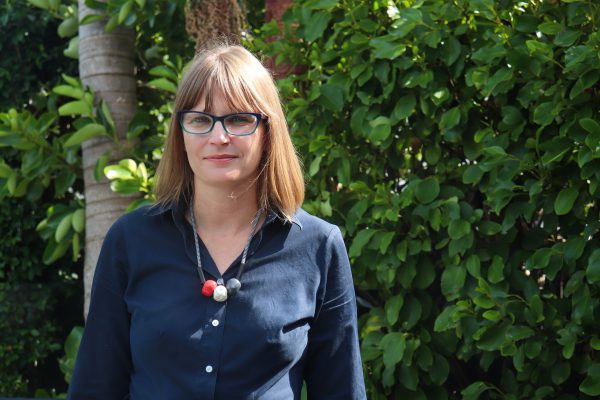His Dark Materials author condemns way book industry ‘allows corporate profits to be so high at a time when author earnings are markedly falling’
Philip Pullman has called on publishers to stop damaging “the ecology of the book world” and start giving authors a fairer share of the money their books earn.
Speaking in his capacity as president of the Society of Authors, the His Dark Materials author hit out at the fact that while profit margins in publishing are rising, the money authors are paid is going down.
“To allow corporate profits to be so high at a time when author earnings are markedly falling is, apart from anything else, shockingly bad husbandry. It’s perfectly possible to make a good profit and pay a fair return to all of those on whose work, after all, everything else depends. But that’s not happening at the moment,” said Pullman. “I like every individual editor, designer, marketing and publicity person I deal with; but I don’t like what publishers, corporately, are doing to the ecology of the book world. It’s damaging, and it should change.”
Pullman’s comments came in an article for the Bookseller magazine by Society of Authors chief executive Nicola Solomon, in which Solomon described how major publishers such as Simon & Schuster and Penguin Random House are reporting profit margins of around 16%, while authors – who, according to a 2016 European commission report have a typical annual income of just £12,500 – were taking home around 3% of publisher turnover in 2016, according to her calculations.
“Once everyone in the publishing house was paid, publishers’ shareholders received up to three times the amount paid to authors. And authors still had to pay their own expenses and agents,” wrote Solomon, acknowledging that while “publishers may contest these numbers … we cannot break down these figures between publishers because they do not publish authors’ share”.
The Society of Authors has set out a range of challenges for publishers, calling on them to “commit to paying authors a higher proportion of turnover”; to be more transparent about how writers, illustrators and translators are paid; and to draw from “a wider pool, not just celebrities, but writers from across society”.
“Publishers, of course, have a duty to make a profit for shareholders,” the article says. “But unless authors receive proper returns, the supply of quality work will inevitably diminish. The decision to become an author often means eschewing the security of a stable job,” Solomon added, warning that unless authors are paid more, then “new and diverse voices” will not be heard.
In response, Profile director Andrew Franklin argued that publishers need to make a profit if they are to survive, laying out the many costs which go into producing a book. “The big publishers aim to make a profit of 10% on sales; most only manage it in good years. Most independents dip into loss from time to time,” wrote Franklin, explaining that Profile has been profitable every year since 1997, and has made, on average, a pre-tax profit of 12% of sales for the last three years. “This is rather more than most publishers, but we do not forget that, like all businesses in a capitalist world, we must make a profit. And we will never forget that if we do not, after a few years we will go under. We mustn’t lose sight of our duty to remain solvent.”
Stephen Lotinga, chief executive of the Publishers Association, said on Monday that “publishers absolutely recognise that writers should be fairly rewarded for their work and they do a huge amount to support talent”.
“Royalties and advance flows are agreed on an individual, case-by-case basis and will vary across the industry. Publishers do communicate directly and transparently with authors, for example through royalty reports, but each contract is business-sensitive and so the communication is understandably with the individual concerned,” said Lotinga. “There are commercial sensitivities around much of this information that will inevitably impact what could be shared more widely.”





